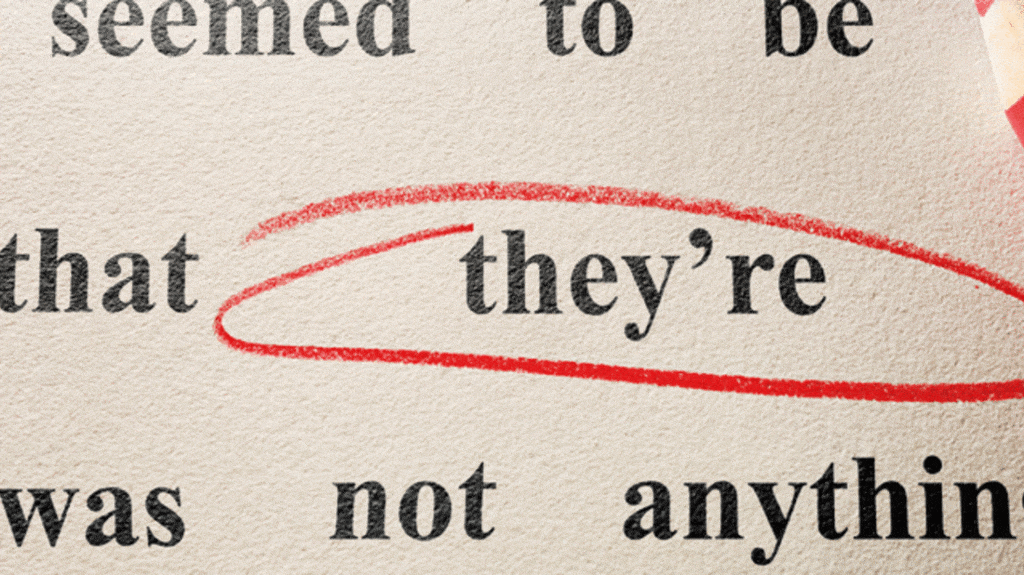Please like our new page Facebook about Dogs
Visit our new website about Dogs : https://udoggybag.com
The following writing tips come to you from Niklas Göke, a renowned blogger and writer at the Huffington Post. Göke says that these tips took him 3 years of writing to collect. The Language Nerds brought these tips to your fingertips that you can learn in no more than 2 minutes. Aside from the read-a-lot and the like tips, here are the ones that Göke suggests:
Refuse to use the word “thing.”
Each thing can be described in more detail. When we don’t describe it, we’re just being lazy. Don’t drown the cake in frosting to avoid baking a new one. Describe each thing, let a device be a device, a trait be a trait, a feeling be a feeling, etc.
Before: “This is the greatest thing my parents taught me.”
After: “This is the greatest lesson my parents taught me.”
No brackets.
Like “thing,” parentheses only weaken what you actually want to say. If you want to say something, say it. If not, don’t. Whether it’s the brackets that are unnecessary or what’s in them is for you to decide. But one of the two has got to go.
Before: “You must pass a (ridiculously hard) course.”
After: “You must pass a ridiculouslyhard course.”
Fewer prepositions.
Language, by definition, is economical. When it comes to language, less is always better. Many of us need to free up time these days. But time doesn’t go anywhere on its own. Not up. Not down. You don’t have to pull it. You take it. Or make it. Don’t free up time. Make time. Don’t move out. Just move. You won’t miss out on the concert. You’ll miss it. Sometimes we even add two unnecessary prepositions to one verb.
Before: “He wants to meet up with Sarah in the morning.”
After: “He wants to meet Sarah in the morning.”
Eliminate redundant references.
The readers arrived from your last sentence. They will remember it. Don’t begin the next one with a preposition or injection! “So” doesn’t say so much, “as before” breaks the flow, “or” repeats the obvious alternative. “Well” means you’re not done thinking, well, take more time to write. Never reference the end of your previous sentence at the beginning of the next one.
Before: “Writing improves your thinking. With this in mind, I suggest you write daily.”
After: “Writing improves your thinking. I suggest you write daily.”
Four tips, two minutes of learning, but a lifetime of discipline to apply them. Please take a moment to share the article if you think it will benefit someone. Have a good day.







